Hunt Treasures 2023
Hunt Treasure is a great profitable sport but you need to have an idea of what type of terrain and conditions in which we are going to be operating.
If you are going to stay on fairly level and dry ground, then a basic, multi-purpose machine will do just fine, may cost less, and even come with some waterproof features that will allow you to operate near bodies of water and in the rain with little concern.
If prospecting is in your blood, then you are likely to be focusing on a part of the world that is known to have gold in the hills.
A hunt for gold nuggets would require a machine that is tuned more for that specific purpose and employs Pulse Induction (PI) technology . this will raise a question What type of metal detector you should use ?
If your location is coastal, the option of getting into beach, surf, and saltwater applications is a fantastic and fun hobby that would require another specialized machine to be able to handle the elements. PI technology, steps in here as an ally once again.
Hand in hand with these machines, we start to get into the exciting world of submersibles! These are metal detectors that are designed to withstand the conductivity of salty water that you can actually take underwater, some of them up to 200’ deep!
Perhaps you will want to explore every single terrain and condition, so you need an all-encompassing metal detector that has little to no limitations, within reason of course, and that is likely to cost you.
If you’ve made it this far, you are well on your way to knowing what it is you’re after and are almost ready to be introduced to the contestants. But not quite yet. One more important consideration.
Most metal detectors on the market today, to a degree, are multi-purpose and cover all the bases even if they specialize in one area. However, just a general purpose detector is not going to find gold nuggets or relics buried deeper within the ground.
This means we want to take a look at what we are interested in searching for the most. Are you looking for gold nuggets, ancient artifacts and jewelry, or weapons that could be 3 ft. deep in the ground?
Or, are you just fine with whatever you find or maybe a few coins here and there for fun? Some targets require metal detectors with more deep-seeking capabilities to find them. Others, such as gold nuggets, require a higher frequency and special coils with pulse induction.
If you are sincerely interested in finding prosperous hunting ground, do some upfront planning and research. Call this information digging before the real digging begins. It is not difficult to find snippets about the background and history of your city or town. You might learn the details of a historical artifact that is just waiting to be found. Not everybody is aware of it, but most cities keep historical information on file at the library. Consider this fun research—it’s not like you have to write a report. This information is going to help you find treasure; without it, you may be detecting aimlessly for hours.
When you visit the library, check for the section on local history. Ask the research librarian to direct you. Look for stories about celebrations, local businesses, sporting events, boarding houses and the town industry. If you can get your hands on old maps with crossroads and homestead markers, this will also prove valuable.
One of the most popular sites to hunt treasure– the beach. It’s warm, sandy, and you can get a tan while hunting. There are plenty of good finds at the beach from coins to jewelry, and of course, a lot of finds you should be returning to authorities like keys and cellphones. The neat thing about the beach is that it never gets old as a hunting site. The tide consistently brings new and old things in, storms tear up the landscape revealing older things that were deeply buried, and new things are lost all year long by visiting tourists and beach goers. A beach detector with the ability to ground balance to saltwater and a sand scoop is a must-have.
Battlefields, There are plenty of these sorts of sites across the globe. In the United States, hunt treasure in civil war battlefields may churn up musket balls, old coins, buttons, and other relics and treasure. Other similar sites where Native American war items are found can include Federal land and reservations. Metal detecting on tribal land requires permission and any finds must be returned to the tribe of origin. Europe has its share of battlefields too, and many ancient relics, primitive weapons and tools, and old coins can still be discovered.
Old Churches and Burial Grounds , Permission should be sought out for these grounds as you may be able to detect and dig around the church but detect only without digging around gravestones. The rules may be different for every type of church site. Why hunt treasure here? Old coins. Whether a worshiper was buying their eternal rest, supporting the efforts of their religious officials, or simply helping the faith forward, coins and other valuable trinkets were given freely in these meeting houses. Other non-metallic relics may be uncovered as well.
Abandoned sites are great for metal detectorists as there are few people around and a lot of goods waiting to be uncovered. Once bustling trading, transportation, mining, and settling sites, they’re now quiet, eerie, and deserted. Hordes of treasure, old coins, buried caches, and other relics are yet to be found. Check the staples like old trees, around the edges of the foundations of saloons, churches, and marketplaces. These places may have restrictions as historical sites, so do your research on its history and permissions required.
Goldfields , As a beginner and intermediate hobbyist, you want to search for gold nuggets in known gold-paying hunting sites. If gold has been found in the past, it’s likely that gold will be found again.
Placer deposits are usually what a metal detectorist is looking for by metal detector . These are gold particles that have been freed from their original source along with other minerals like rock and quartz. The separation of gold nuggets and flakes may have occurred naturally by erosion or human activity like past mining. These nuggets are found on the outskirts from the original location as they’ve usually been carried by a body of water where they are deposited and settled along creek beds, old washes, and other similar sites.
Due to all the high concentrations of minerals, a specific gold metal detector with a high frequency to detect even the smallest nuggets while canceling out signals from ground minerals is essential.






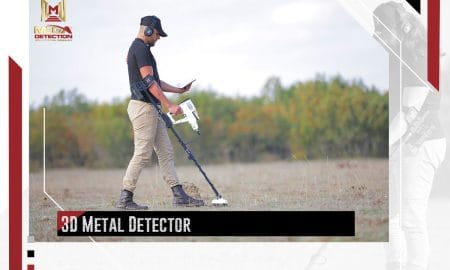
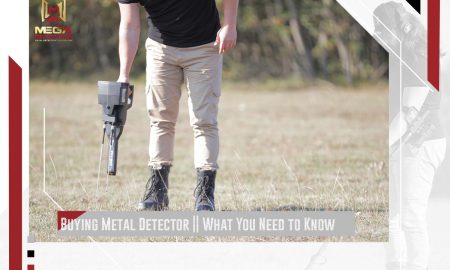
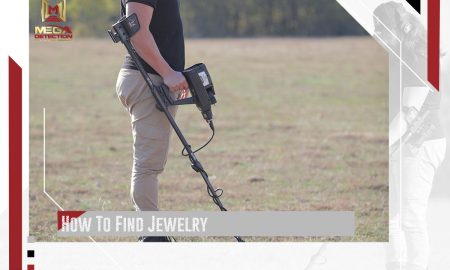
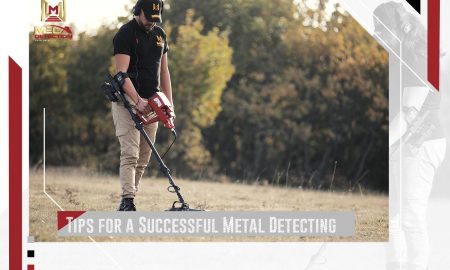

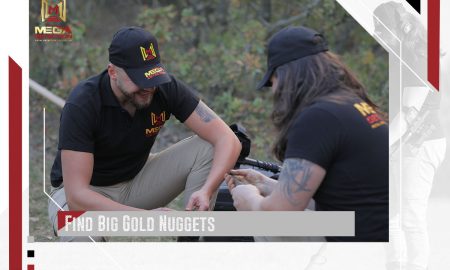
Comment (1)
[…] Hunt Treasure is a great profitable sport but you need to have an idea of what type of terrain and conditions in which we are going to be oper […]